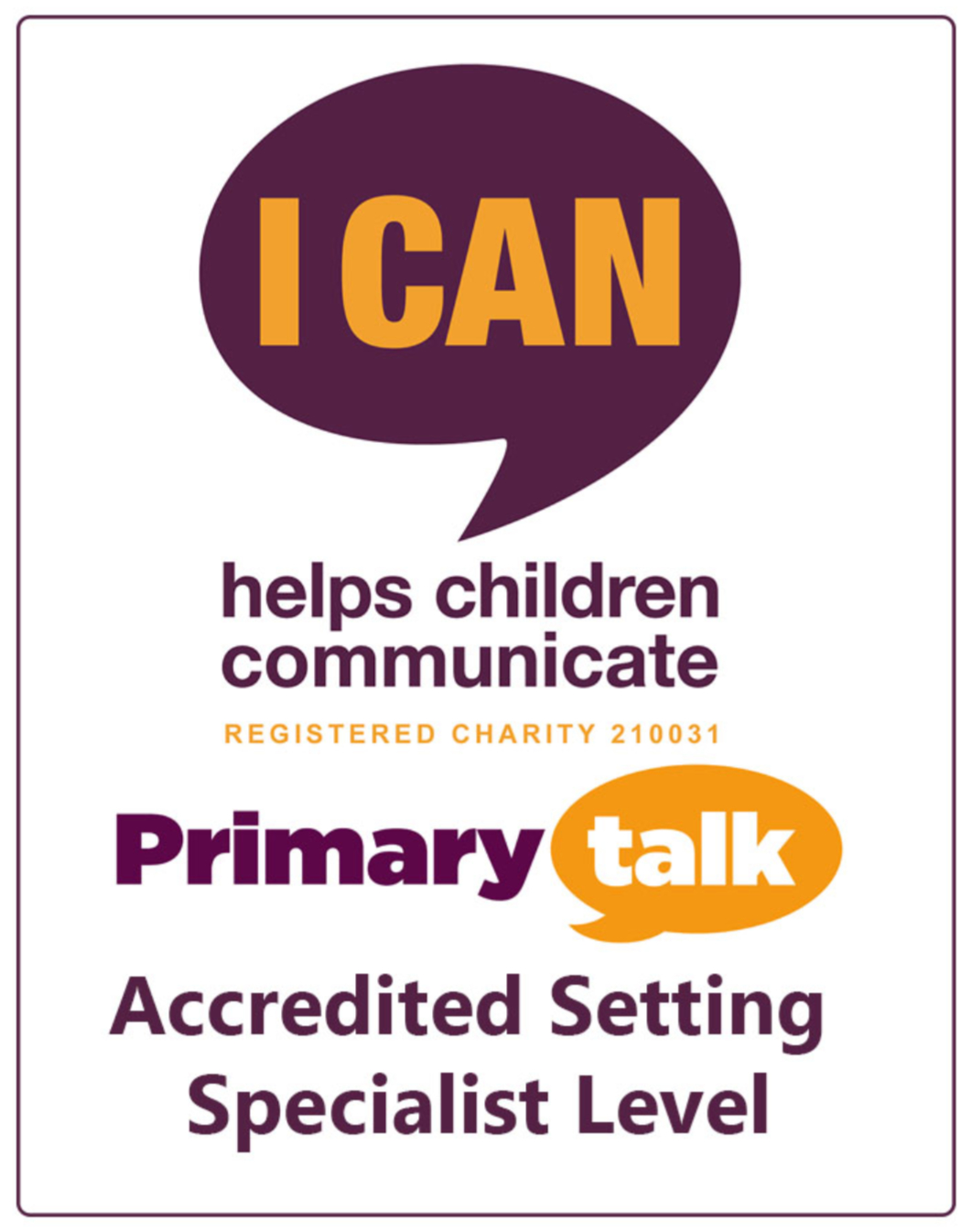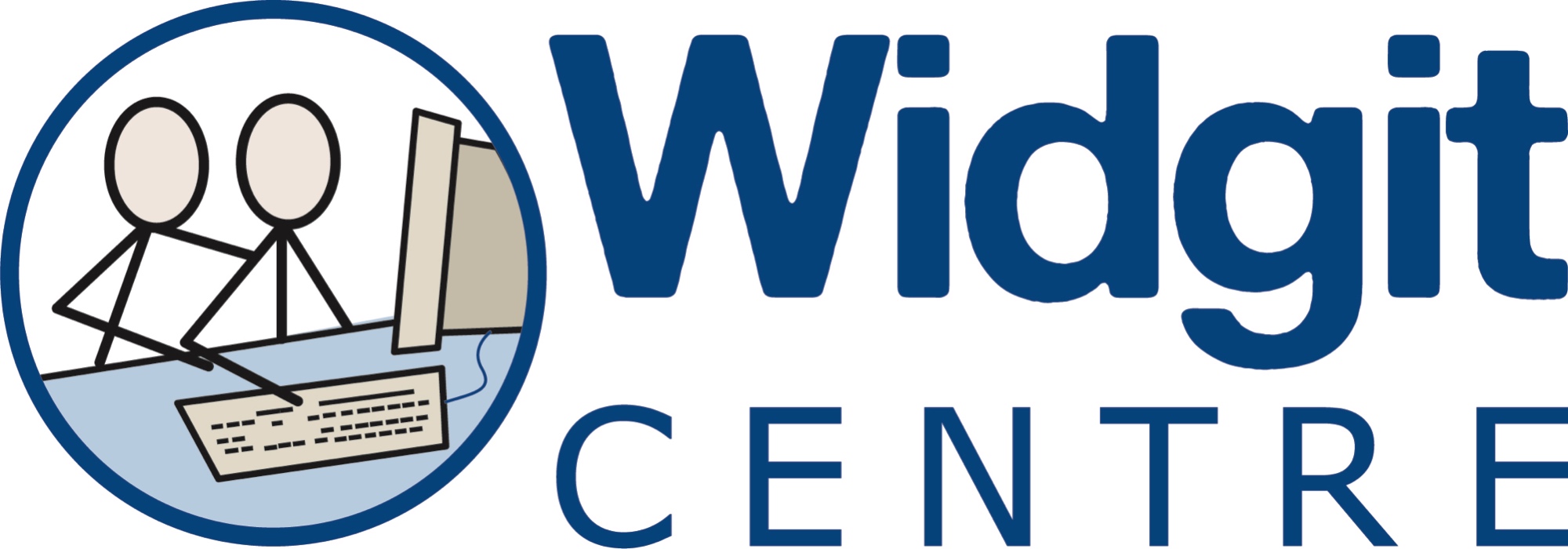Early Years
Early Years Curriculum Map 23-24
NEW Early Years Foundation Stage Policy
Our WFS Early Years Department consists on 3 Reception Classes and a Nursery Assessment Unit. We are based in the The Orchard Building, where we have access to our own playground, outdoor learning area and sensory room. We also have access to the facilities in and around the main school site.
Nursery Assessment Unit (NAU)
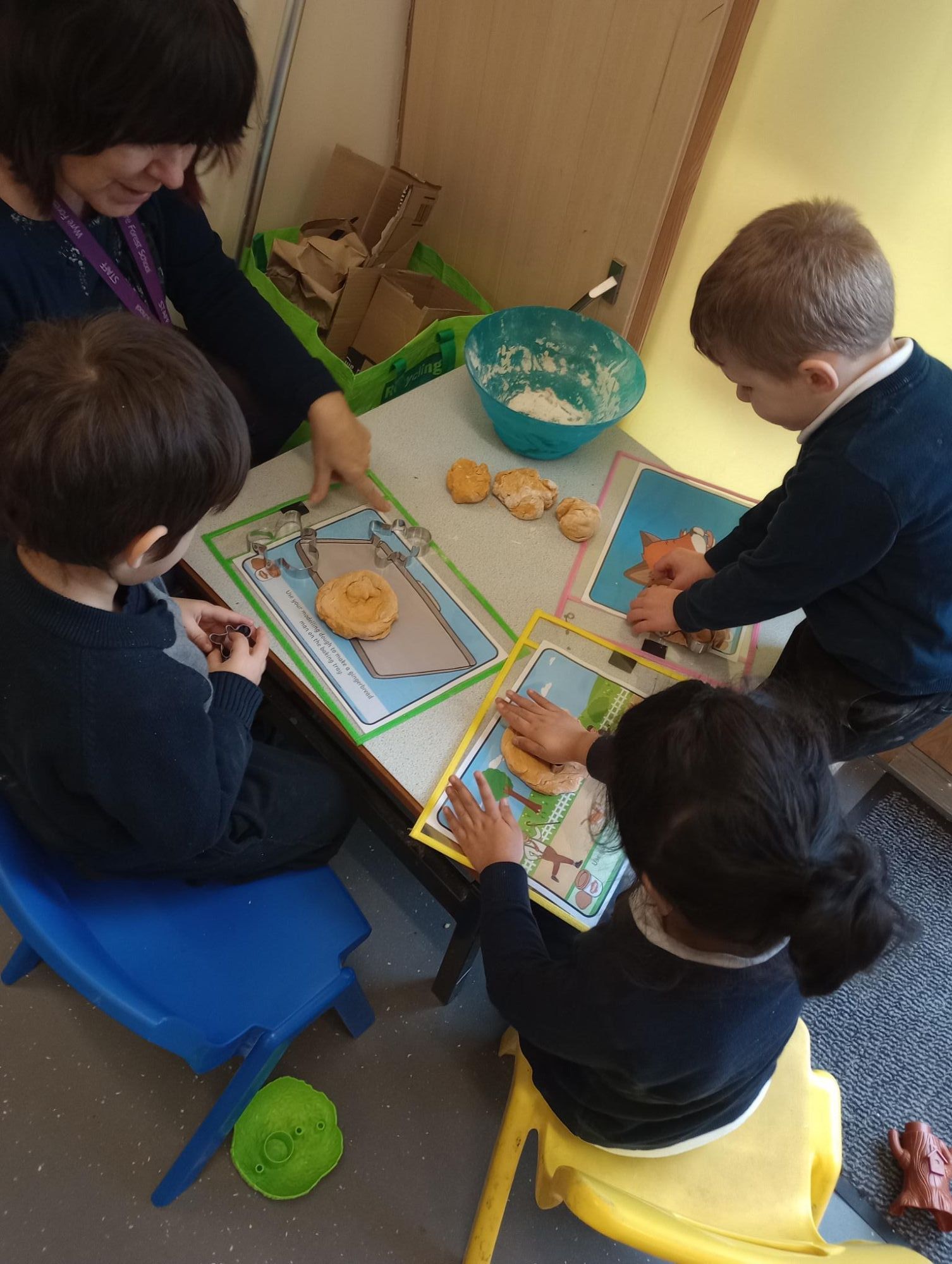 WFS have a Nursery Assessment Unit (NAU) which caters for pupils in their pre-school year who have been identified by the Worcestershire County Council Early Years Inclusion Process as having significant needs in the following areas; Communication and Language, Physical Development, PSED or Thinking Skills. We accommodate 16 pupils on a termly basis, who attend for 2 sessions per week. The nursery staff undertake observations and complete reports which support the assessment for need of an EHCP request, if required.
WFS have a Nursery Assessment Unit (NAU) which caters for pupils in their pre-school year who have been identified by the Worcestershire County Council Early Years Inclusion Process as having significant needs in the following areas; Communication and Language, Physical Development, PSED or Thinking Skills. We accommodate 16 pupils on a termly basis, who attend for 2 sessions per week. The nursery staff undertake observations and complete reports which support the assessment for need of an EHCP request, if required.
Our nursery team also provide outreach support to pupil’s mainstream nursery settings. At the end of their pre-school year, these pupils go on to attend a range of settings including mainstream primary schools, specialist provision and in some cases, Wyre Forest School.
Reception
By the end of reception, we aim for our pupils:
- To develop a functional way of communicating their needs and wishes.
- To develop effective relationships and interaction with others.
- To be motivated and inspired to engage in a range of learning experiences.
Our Curriculum
The EYFS at Wyre Forest School is developed within our Reception Classes and we cover the seven areas of learning.
The table below demonstrates how our Wyre Forest Progression Steps align with the EYFS Development Matters. Terminology used throughout the curriculum map may differ slightly from the EYFS, but the learning is much the same.
| EYFS | Wyre Forest School Progression Steps |
| Prime Areas | |
| Communication and Language | WFS Communication and Interaction |
|
Play
|
|
Personal, Social and Emotional Development
|
Mental Health and Well-being
Independence
|
|
Physical Development
|
Physical Well-being and Development
Independence
|
| Specific Areas | |
|
Understanding the World
|
The World About Us
Outdoor Learning |
|
Expressive Arts and Design
|
Creative
|
|
Literacy
|
Cognition and Learning
|
|
Mathematics
|
|
At WFS, we recognise the importance of engagement, play, and exploration in children’s learning and development, and we believe that communication is the over-arching area of development on which pupil progression and success depends upon. We value and recognise the Characteristics of Effective learning, and plan opportunities to promote these in our daily offer.
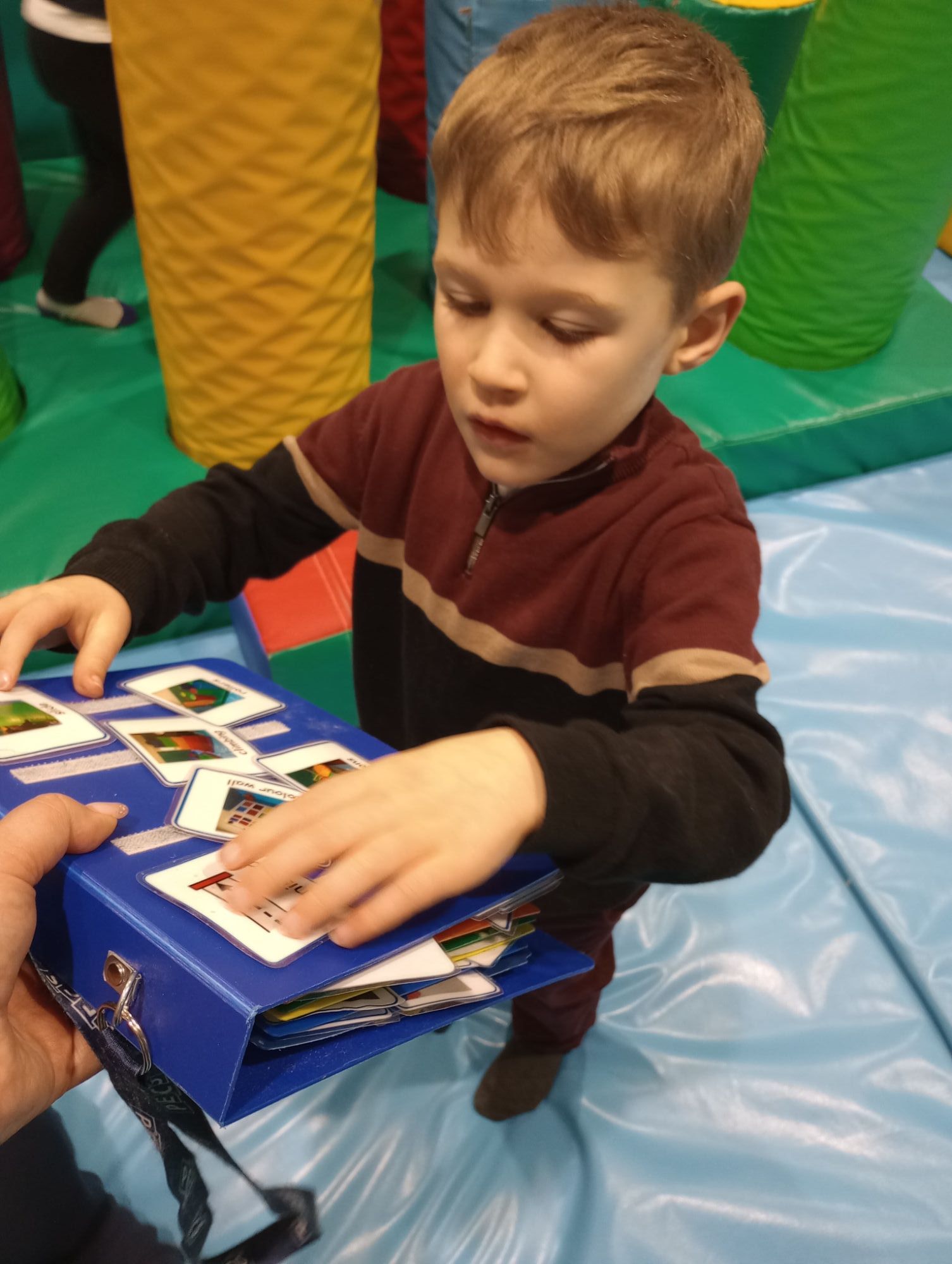
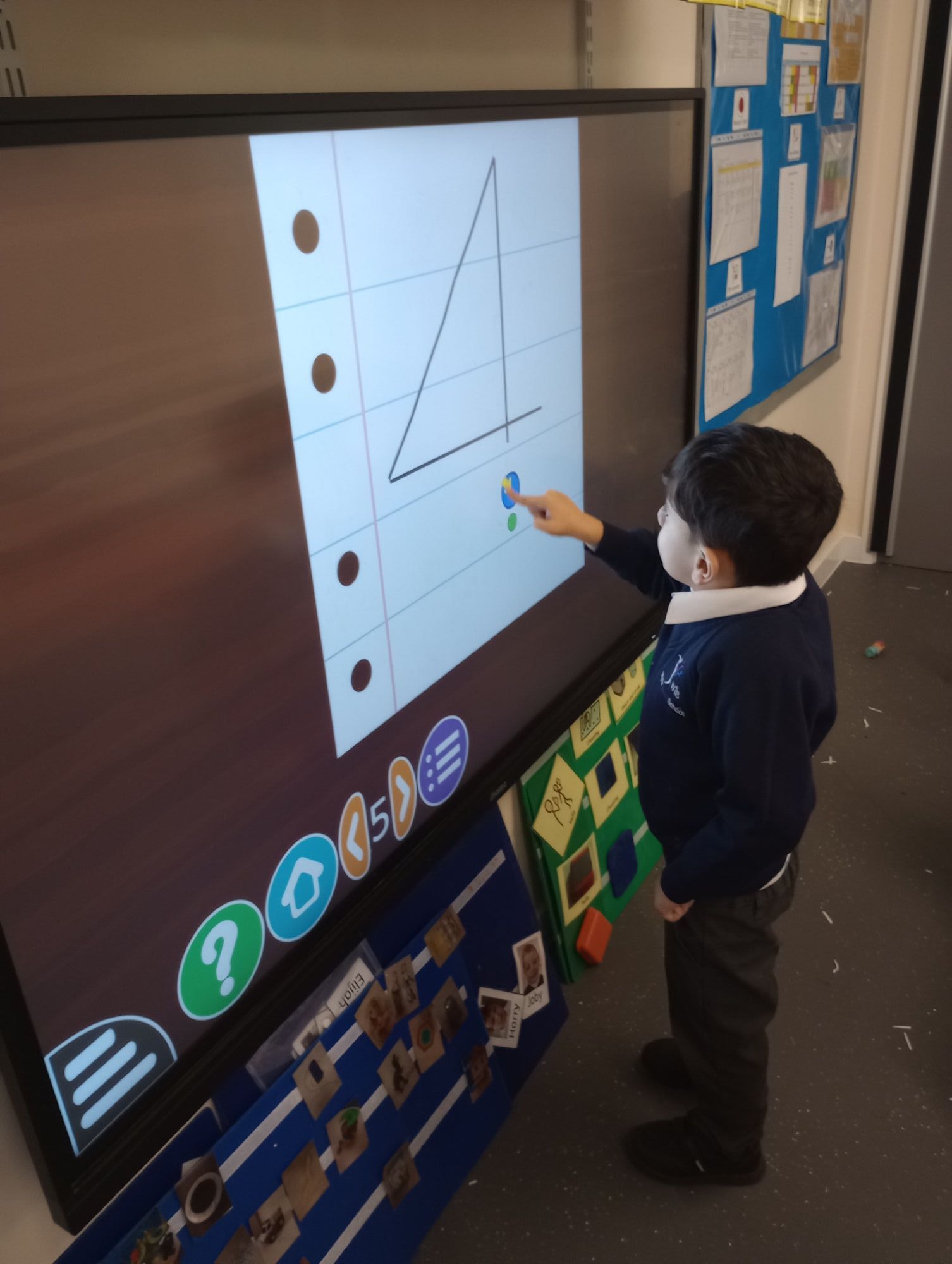

| Characteristics of Effective Learning |
|
Playing and Exploring – children investigate and experience things and ‘have a go’ Active Learning – children concentrate and keep on trying if the encounter difficulties and enjoy achievements Creating and thinking critically – children have and develop their own ideas, make links between ideas and develop strategies for doing things. |
WFS Offer:
- Structured care routines e.g., intimate care, snack times, lunch times.
- Play-Based Approach – teachers will plan effective continuous provision that is based on pupil’s individual targets and interests.
- Adult led activities – teachers will plan opportunities based on pupil’s individual targets.
- Total Communication Approach e.g., Visual Timetables, OOR, PECS, ALDs, Now and Next boards, Sign along.
- Movement times with incorporated OT support.
Embedding the three prime areas, across the Early Years underpins everything that we do. We aim for pupils to develop their ability to interact and communicate with others, to support their emotional well-being and nurture their ability to self-regulate and to ensure that pupils become as physically independent as they can be. Our staff team know the value of the skills that can be developed and the opportunities we can provide to enable this to happen. Additionally, through teaching the specific areas we aim to develop pupils’ engagement and interest within activities which is fundamental for progress to be made.
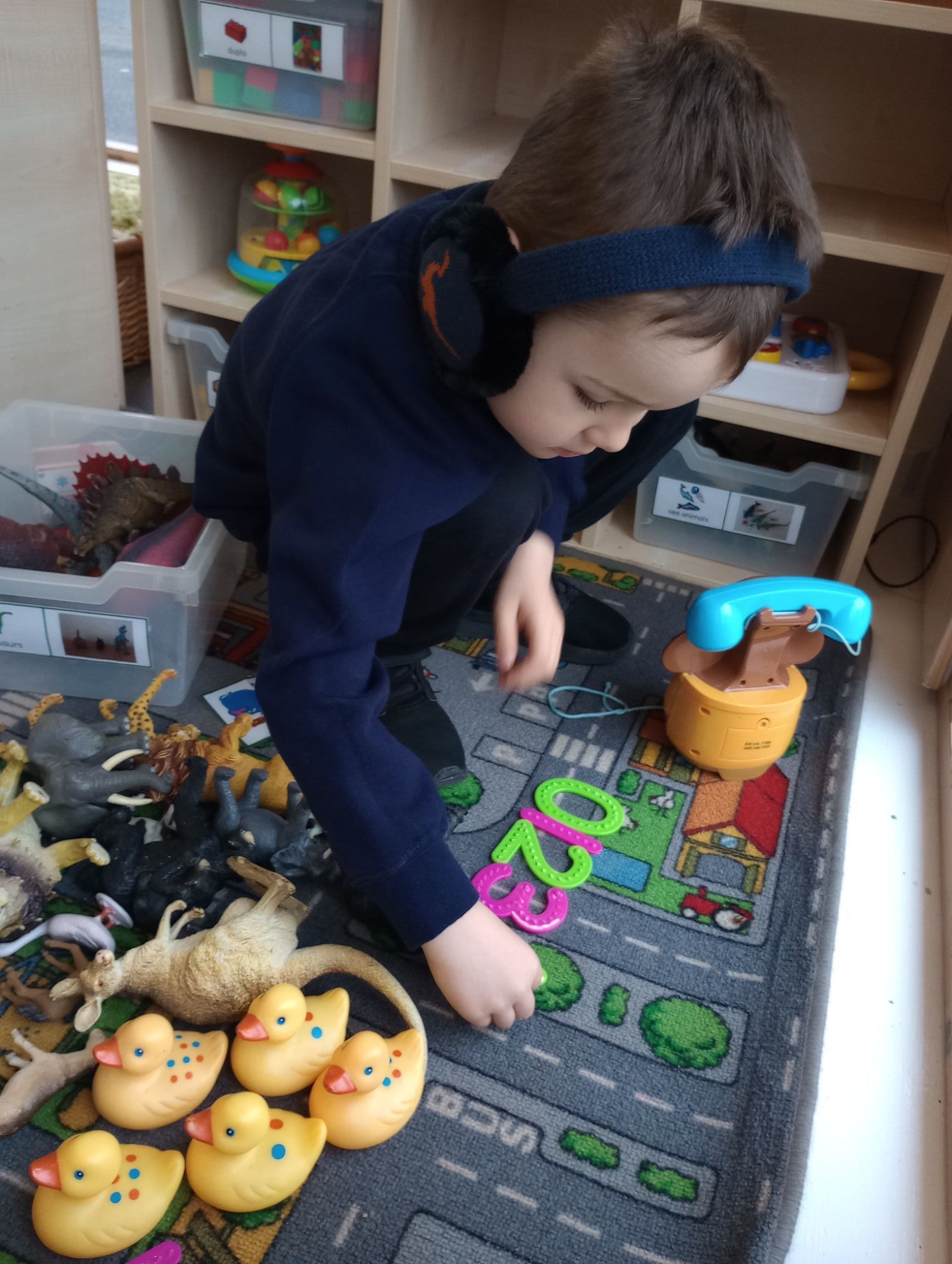
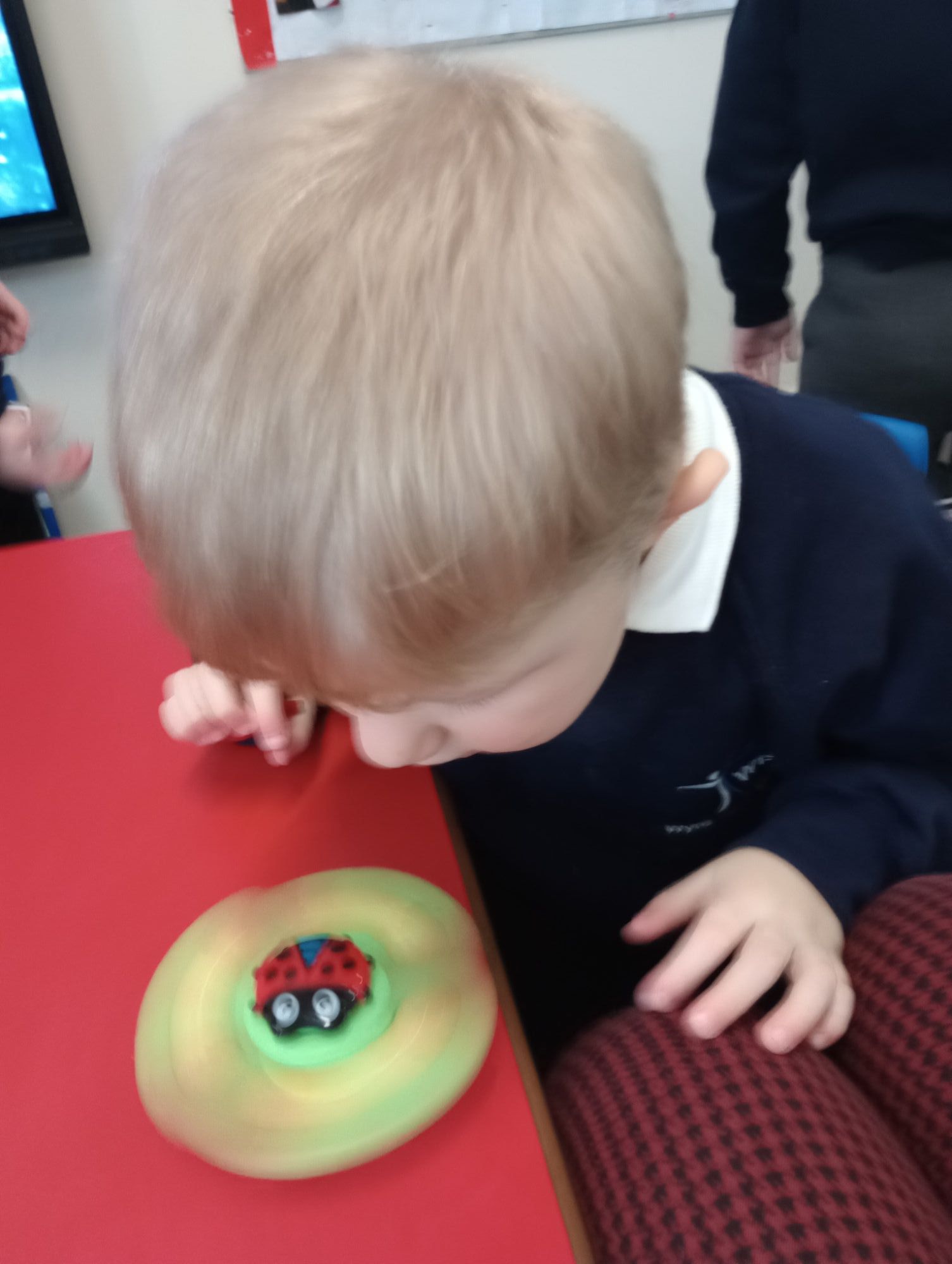
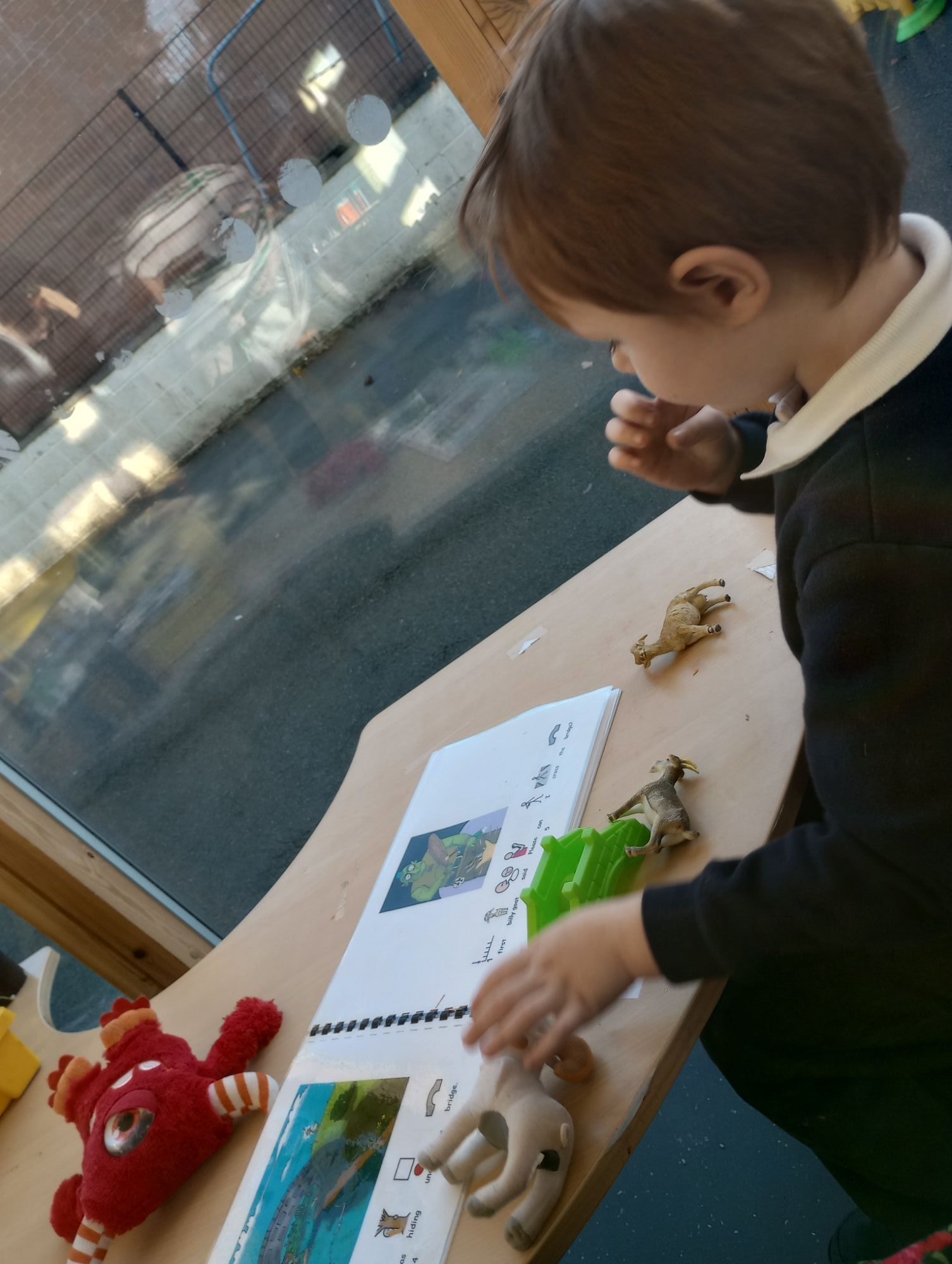
The Curriculum Map:
Our curriculum map has been derived using areas from the WFS progression steps, it ensures we have coverage of all relevant areas and that pupils are supported to develop at their own rate in relation to these areas. Our focus for adult-directed and specific planned learning opportunities falls largely into the 3 prime areas. The specific areas are taught in a much more tailored and responsive way, according to pupil need and promoting progress for all pupils at their own level. All areas of the curriculum are accessible throughout the year within continuous provision, and we often capture more incidental learning through child-led play and experiences.
Impact:
At WFS we recognise that all our pupils are individuals and will develop at their own rate and in their own way and so we expect that the progress they make towards learning outcomes will look different for each of our pupils. Our pupil’s journey will be recorded using Evidence for Learning and this allows us to capture the learning and progress that has taken place for the individual child. We know that children learn through play, and child-led learning s this is at heart of our curriculum.
If you have any questions, do not hesitate to contact Charley Curtis, EYFS Pathway Leader, via the school office.





